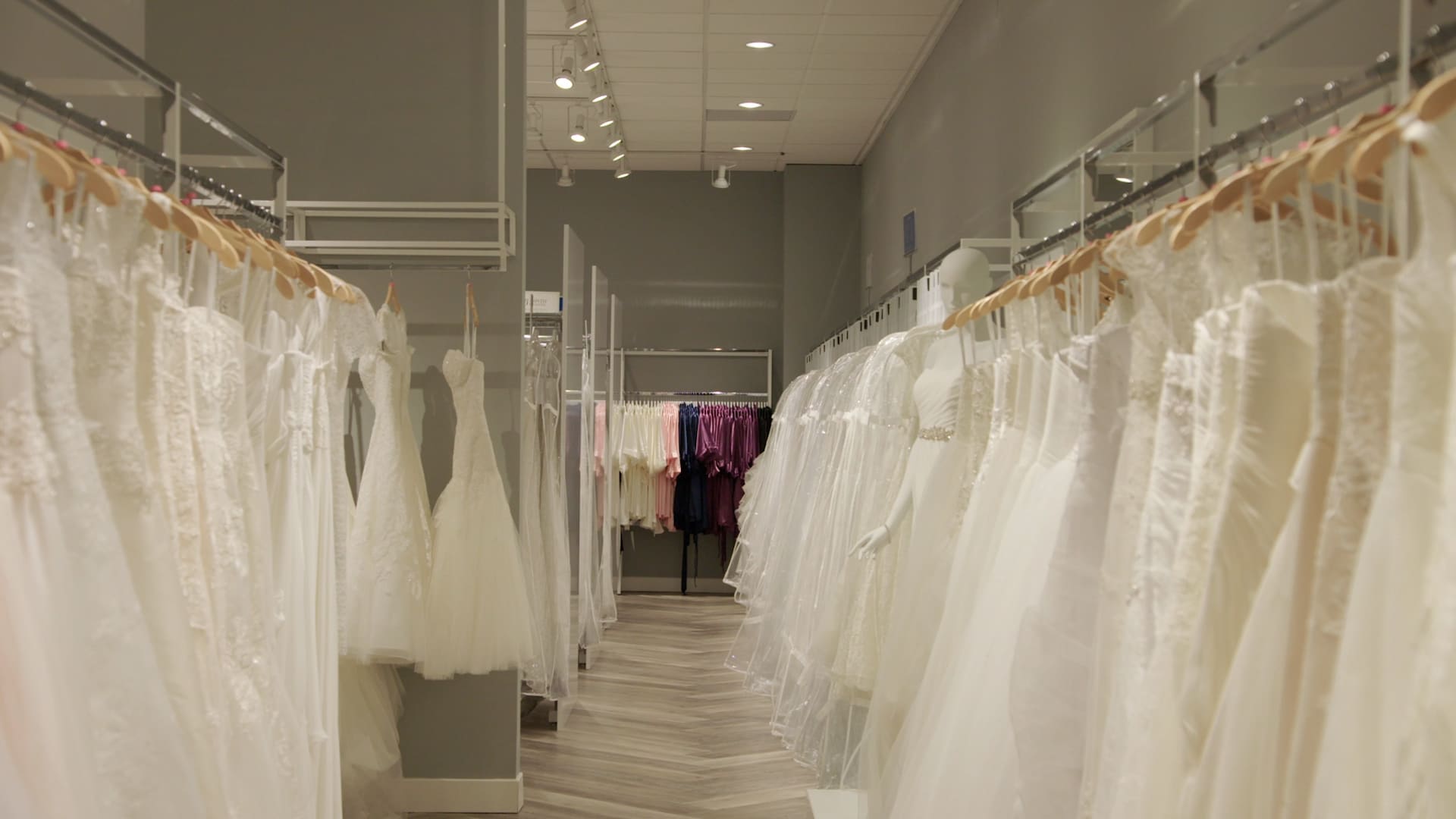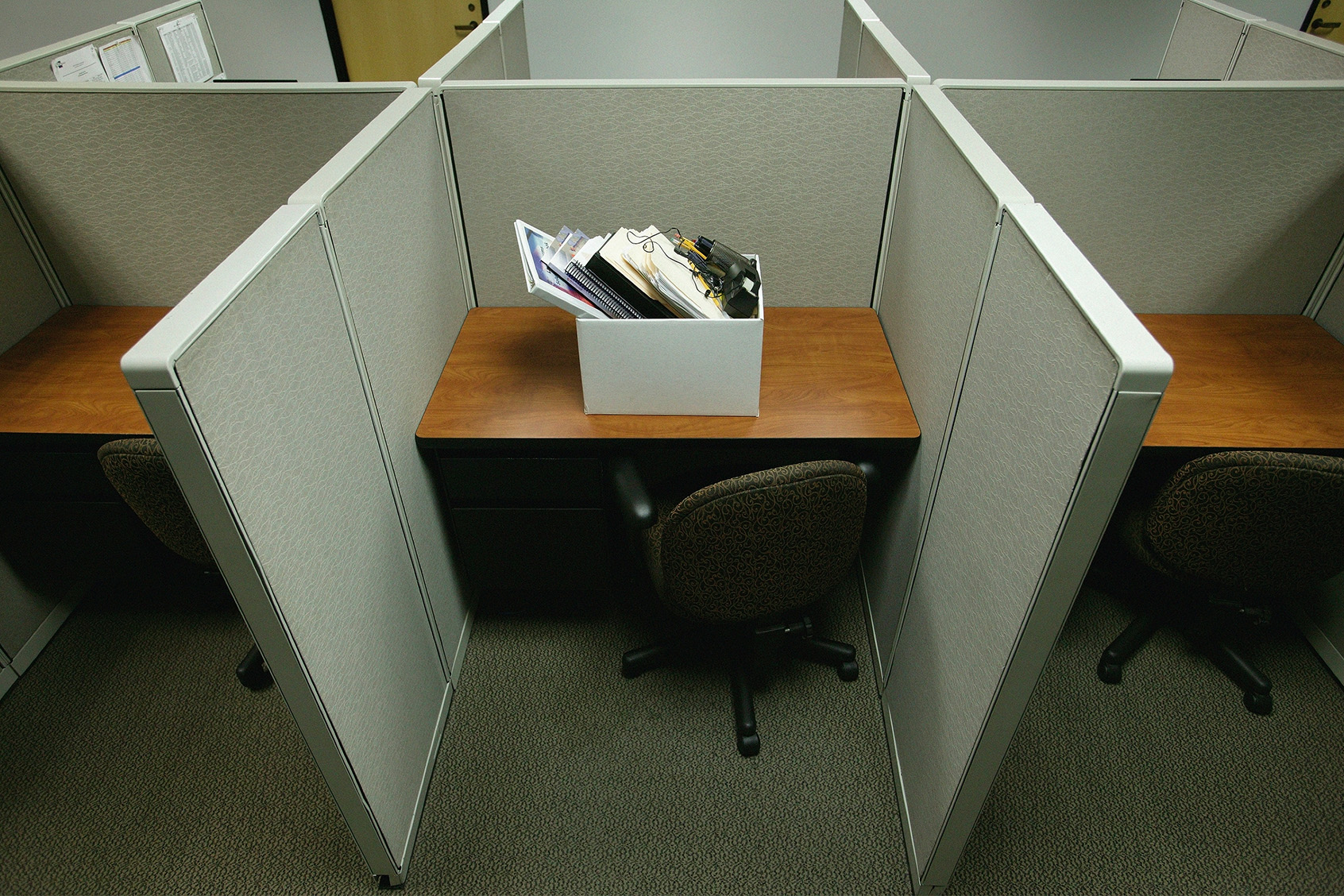Now Reading: Trump’s China tariffs are raising costs for wedding dresses and threatening the small shops that sell them
-
01
Trump’s China tariffs are raising costs for wedding dresses and threatening the small shops that sell them
Trump’s China tariffs are raising costs for wedding dresses and threatening the small shops that sell them

Denise Buzy-Pucheu, the creator and proprietor of The Persnickety Bride, has expressed concerns about the impact of high tariffs on imports from China on American businesses, including bridal shops and wedding dress designers. Some of the brands she features have introduced an additional tariff surcharge.
Following President Donald Trump’s announcement of steep tariffs on Chinese imports, Denise Buzy-Pucheu, seated in her bridal boutique in Newtown, Conn., addressed the issue in a video posted on Instagram. She explained how the 145% tariff on Chinese imports would disrupt the bridal industry, which heavily relies on products from China and other parts of Asia for bridal gowns and materials.
The bridal gown and special occasion apparel sector is among the many industries affected by the tariffs, which have caused small businesses in the global supply chain to suffer. The National Bridal Retailers Association estimates that around 90% of wedding dresses are made in China, although some brands have relocated manufacturing to other Asian countries like Myanmar and Vietnam.
The industry has been lobbying for exemptions from the tariffs, with the NBRA launching a letter-writing campaign to lawmakers and the White House to seek relief. The tariffs have forced some big names in the bridal industry to add surcharges to offset the increased costs, impacting both bridal boutiques and customers.
Bridal brands like Mon Cheri and Justin Alexander have introduced tariff surcharges, which have led to retail price increases for customers. Despite the challenges posed by the tariffs, some companies are exploring ways to absorb the additional costs and maintain their businesses.
As the industry grapples with the financial implications of the tariffs, some companies are considering shifting production out of China to countries with lower tariffs. David’s Bridal, for instance, aims to move its manufacturing to countries like Myanmar, Vietnam, and Sri Lanka to reduce the impact of the tariffs on its business.
The growing financial burden on brides, who already face high costs for wedding dresses, has made it imperative for bridal shops and designers to find solutions to manage the impact of the tariffs without compromising on quality or pricing.






